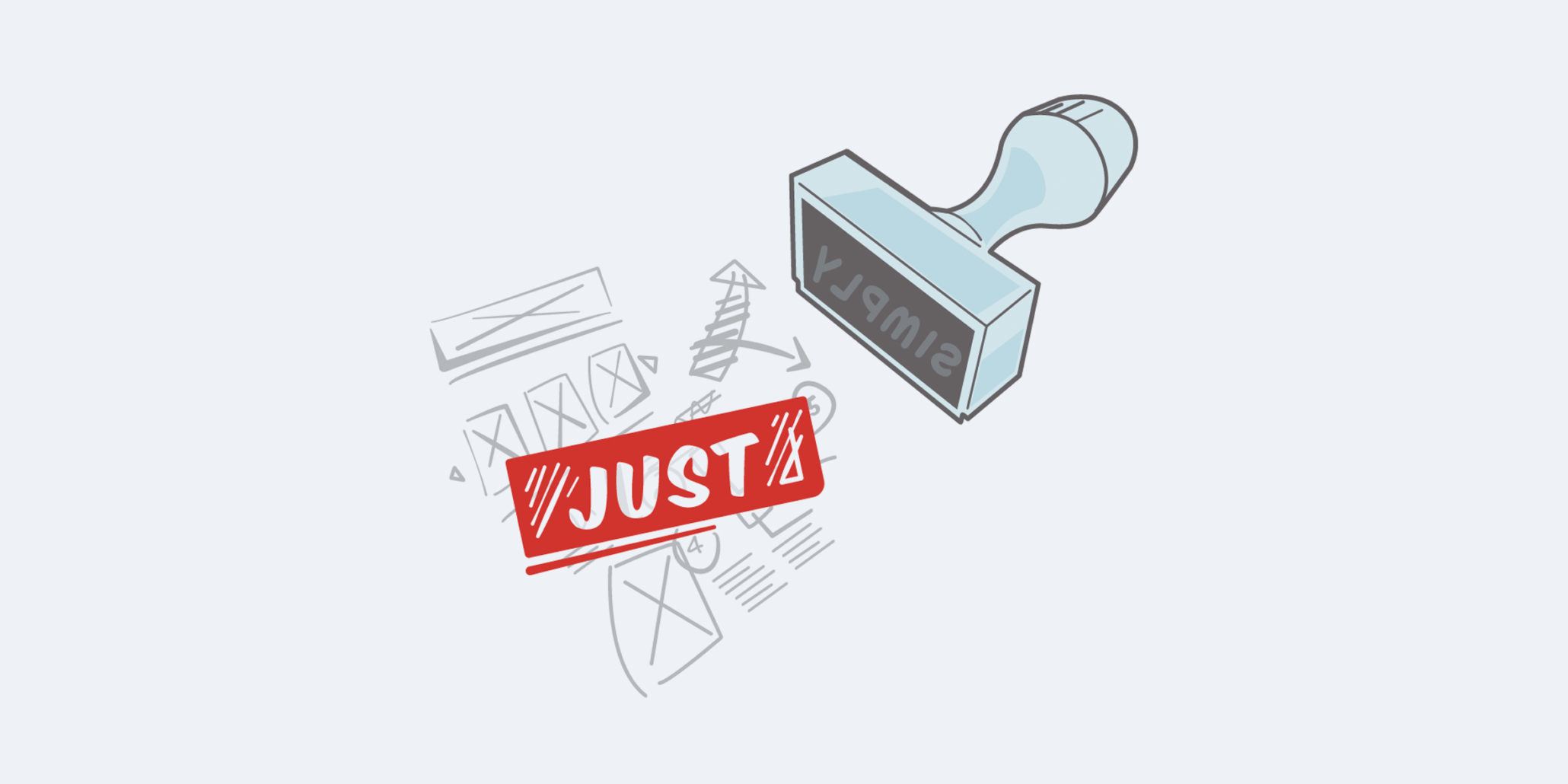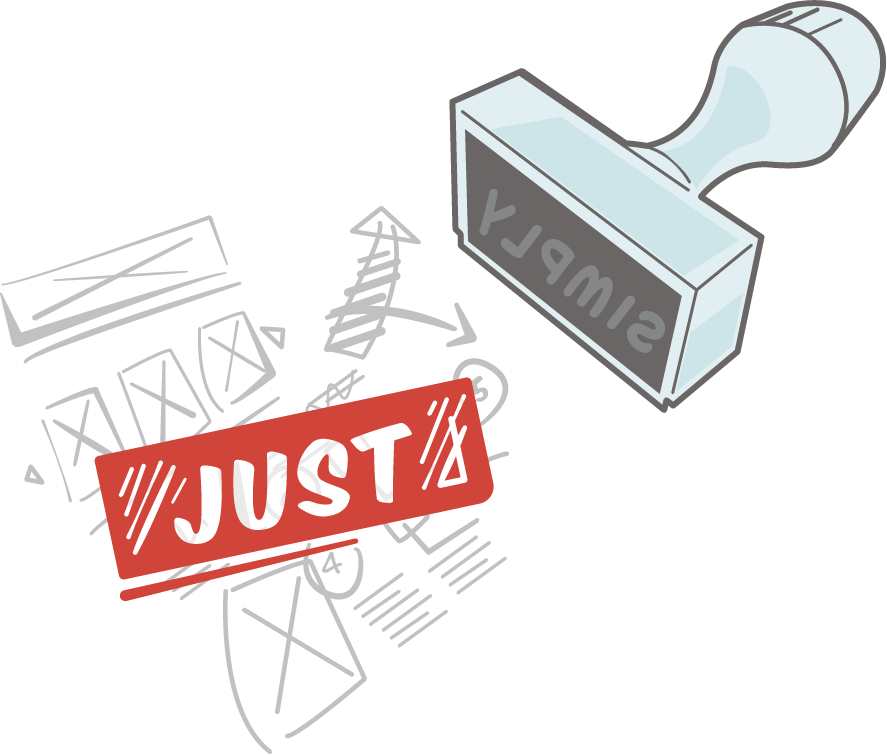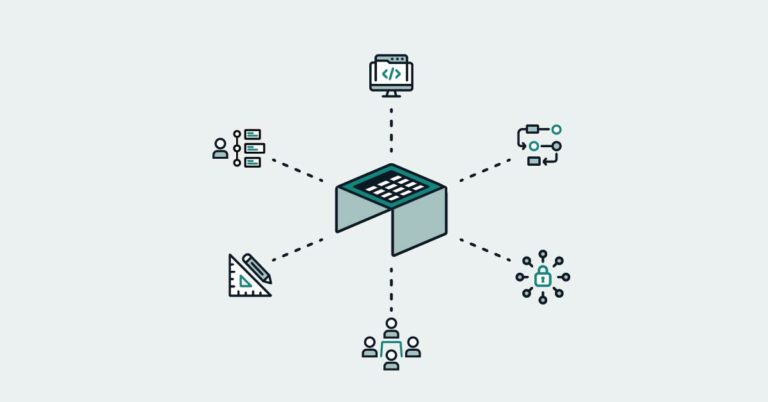The “Simple” Words and Phrases That Stifle Creative Teamwork

One four-letter adverb can derail a project, or even a relationship. The word? “Just”—or its six-letter equivalent, “simply.”

Maybe Nike started this trend back in the ’80s when they came up with the tagline “just do it.” The implied message behind the “just” in “just do it” is that we can and should eliminate complexities between us and our goals—that we have the power to simplify the path to achievement.
This message speaks to us, consciously or not, because the struggle to achieve our goals in spite of our own interference is universal. How we all wish it were that easy! Nike tells us that it should be—and if it’s not, maybe you don’t have the right shoes.
Hidden Messages
At work, when faced with a problem or challenge, we often tell each other to “just [verb],” or worse, ask “why don’t you just [verb]?” Like in the Nike ads, “just” is loaded with implications. “Just” implies not only that any perceived complexities are imaginary, but also that there is an obvious solution—and because our message is implied, we’re not held accountable for saying it.
The hidden message sounds like this: if you think a problem is not so simple to solve, or the suggested solution is not so obvious, maybe you don’t have the right skills or smarts (like I do). Or maybe you’re manufacturing an excuse to take more time, and therefore more money, than the solution requires (and I see through you). Whatever the motivation, I’ve asserted my dominance over you with a single word. Adding a few more words—like “why don’t you…”—helps to deliver either message even more effectively.
The message is unspoken, but we hear it and respond to it. If we’re less sure of our skills or understanding of a problem, we may feel shamed and pretend to agree that the solution is simple and obvious so we don’t seem stupid and sink even lower. If we are more confident, we may respond to what is essentially a political maneuver with a defensive maneuver to assert our own dominance.
With our self-image at stake, it’s no wonder the initial goal (remember that?) falls by the wayside. And later, when we’re all dealing with the unforeseen consequences? No one actually said it would be simple, so no one claims responsibility.
Healthy Teams
How do we collaborate to make the best decisions and do our best work? By talking to each other clearly and honestly, and listening deeply, to gain a better understanding of our goals and the ramifications of our decisions. A group of people with varying levels of experience and expertise can achieve more than even the smartest, most experienced single individual.
At Think Company, we’re passionate about building positive experiences. And when we have developers and architects on-site as part of a client development team (this is what my current role looks like), we are conscious of many levels of experience surrounding the application—not only that of the customer who uses it, but also the business people, designers, and developers who work together every day to build and maintain it.
Engaging in healthy collaboration on our team is neither simple nor obvious. Honest, clear communication relies on trusting and earning trust. Both acts require us to lower our defenses—which is difficult and risky, as it can leave us vulnerable to the people and situations we built them against in the first place.
Since we are all designers of the experience of working with ourselves, we can have a big impact—positive or negative—on our teams and the work we produce. Removing “just” and “simply” from our discourse is a small but significant step toward creating a “safe zone” where we’re able to do our best work.
It can be a long journey from political posturing to finding the collaboration holy grail, but each single step will result in better work product as well as a happier, less stressful workplace.



